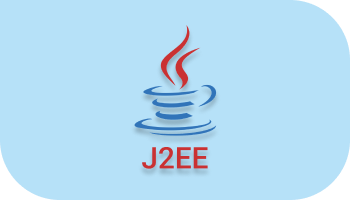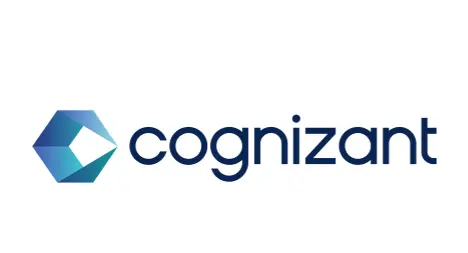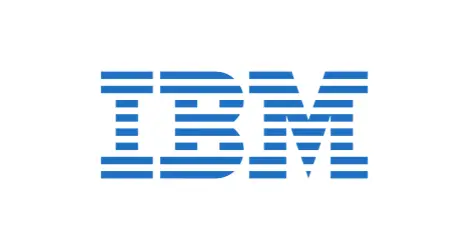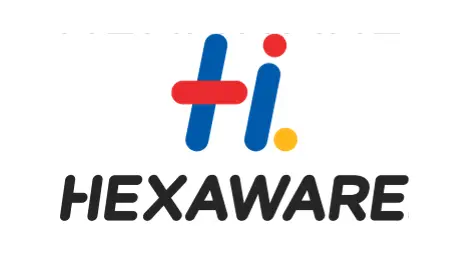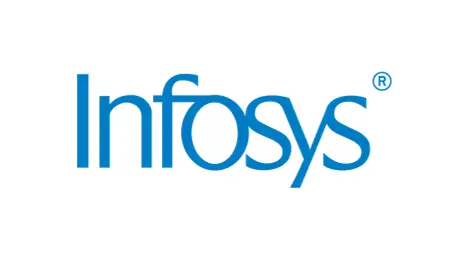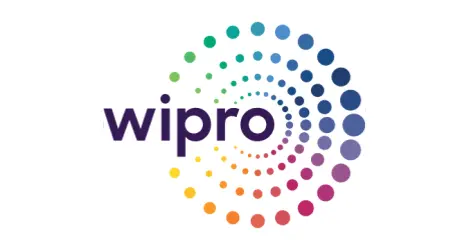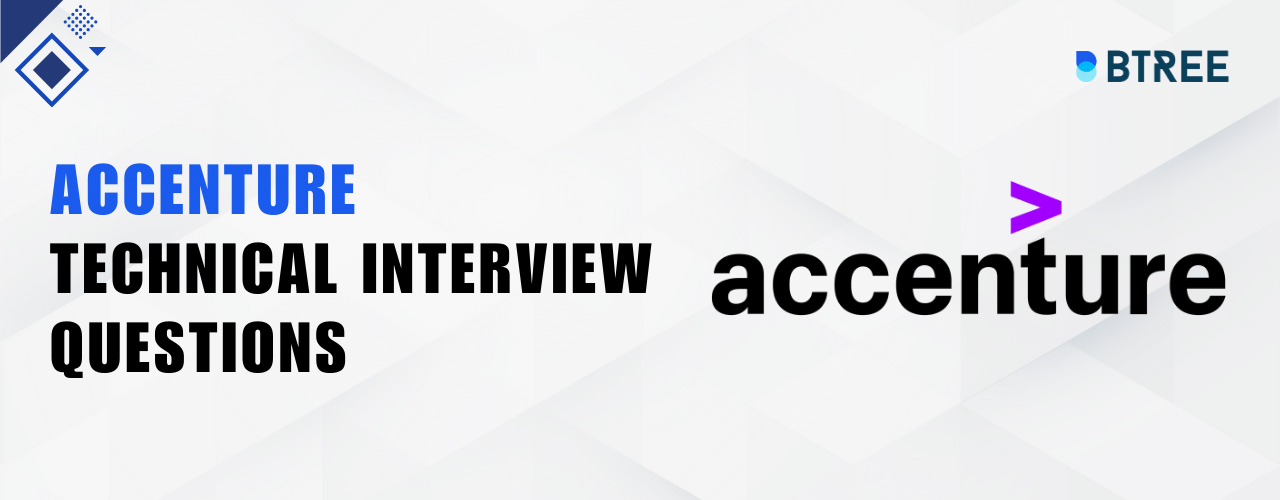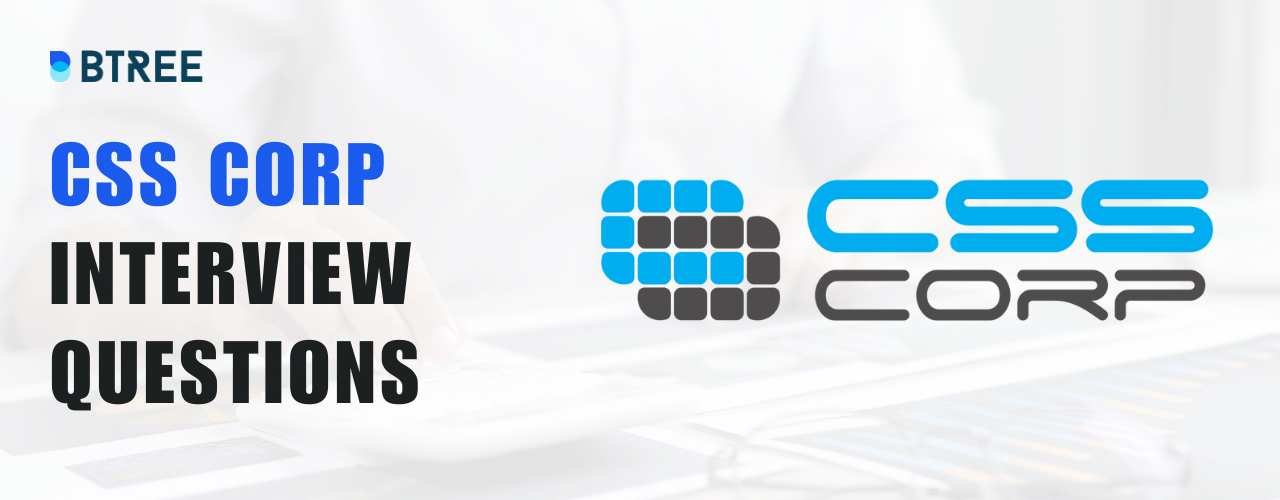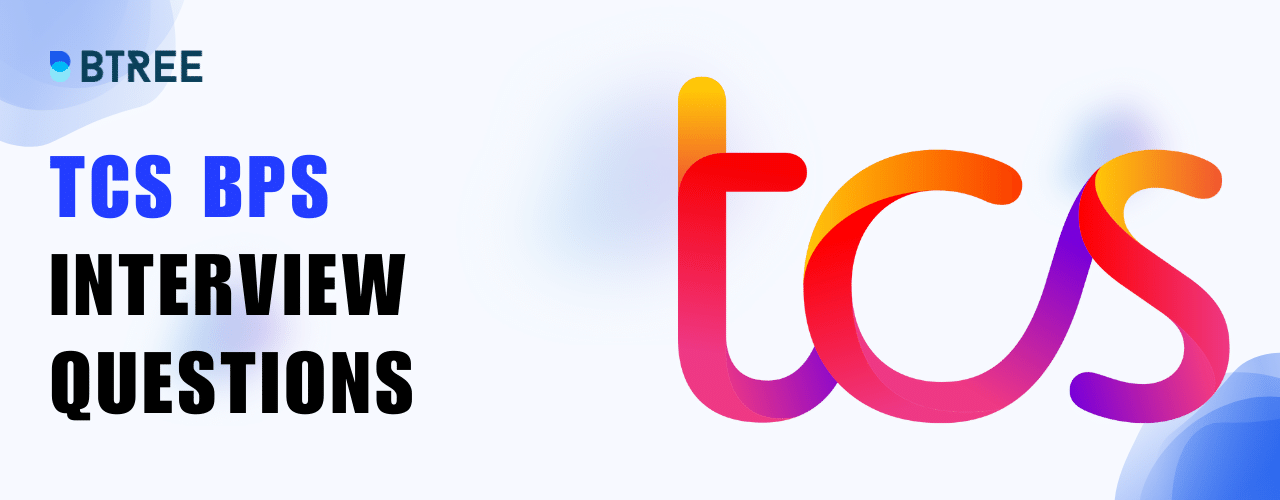J2EE Course Key Highlights
Overview of J2EE Course in Chennai
No. 1 J2EE training course helps you become an expert in developing a web application using Java technologies, including topics like the Java programming language, Java Servlets, and JDBC. BTree Systems offers J2EE certification online training as well as classroom training and we also provide e-books for courses.
What is J2EE?
J2EE is a Java Enterprise Edition, a standalone Java environment used by software or system developers to construct and deliver a web-based application or website. It is a well-known platform that makes use of Java because of the advantages of its dependability, security features, portability between platforms, ease of implementation, ongoing updating to meet the most recent and popular technological needs, etc.
Why do we use J2EE?
The J2EE platform offers options for graphical user interfaces on the Internet or an organization’s intranet. Desktops, laptops, PDAs, mobile phones, and other devices can all run clients. Standard HTML and Java applets can be used for pure client-side user interfaces. A wider range of customers can be supported and prototypes can be created more quickly with support for plain HTML. The J2EE framework also allows for the automatic download of the Java Plug-in to supplement any areas where applet functionality is lacking. Additionally, the J2EE platform allows clients to standalone Java applications.
The J2EE platform supports Java Servlets and Java Server Pages as two types of web component technologies for server-side production of dynamic content (JSP). Developers may quickly design server-side actions that fully utilize the strength of the robust Java API thanks to Java Servlets. Java Server Pages technology combines the popularity of HTML and the potency of server-side dynamic content generation. Static templates, streamlined access to Java objects, and simple extensibility are supported by the JSP 2.0 specification.
Why do I take up this J2EE course at BTree Systems?
BTree Systems offers the Java J2EE Course in Chennai, the instructors and subject matter experts are working professionals or subject matter experts with at least 10 years of experience in the information technology field. Candidates must demonstrate that they have the necessary abilities to operate a J2EE certification course by completing a real-world project at the end of the course.
Talk To Us
We are happy to help you 24/7
J2EE Career Transition
60%
Avg Salary Hike
40 LPA
Highest Salary
500+
Career Transitions
300+
Hiring Partners
J2EE Course Skills Covered
Constructor
Data Types
interfaces
Enums
Recursion
Java exceptions
String
Concurrency
Scripting API scripting components into Java applications
J2EE Course Fees
16
Sep
SAT - SUN
08:00 PM TO 11:00 PM IST (GMT +5:30)
23
Sep
SAT - SUN
08:00 PM TO 11:00 PM IST (GMT +5:30)
30
Sep
SAT - SUN
08:00 PM TO 11:00 PM IST (GMT +5:30)
Unlock your future with our
"Study Now, Pay Later"
program, offering you the opportunity to pursue your education without financial constraints.
EMI starting at just
₹ 2,000 / Months
Available EMI options
3
Months EMI
6
Months EMI
12
Months EMI

Corporate Training
Enroll in our corporate training program today and unlock the full potential of your Employees
Curriculum for J2EE Course in Chennai
How to create and destroy objects
- Introduction
- Instance Construction
- Implicit (Generated) Constructor
- Constructors withoutArguments
- Constructors withArguments
- Initialization Blocks
- Construction guarantee
- Visibility
- Garbage collection
- Finalizers
- Static initialization
- Construction Patterns
- Singleton
- Utility/Helper Class
- Factory
- Dependency Injection
- Download theSource Code
- What’s next
Using methods common to all objects
- Introduction
- Methods equals and hashCode
- Method toString
- Method clone
- Method equals and == operator
- Useful helper classes
- Download the Source Code
- What’s next
How to design Classes and Interfaces
- Introduction
- Interfaces
- Marker Interfaces
- Functional interfaces, default and static methods
- Abstract classes
- Immutable classes
- Anonymous classes
- Visibility
- Inheritance
- Multiple inheritance
- Inheritance and composition
- Encapsulation
- Final classes and methods
- Download the Source Code
- What’s next
How and when to use Generics
- Introduction
- Generics and interfaces
- Generics and classes
- Generics and methods
- Limitation of generics
- Generics, wildcards and bounded types
- Generics and type inference
- Generics and annotations
- Accessing generictype parameters
- When to use generics
- Download the Source Code
- What’s next
How and when to use Enums and Annotations
- Introduction
- Enums as special classes
- Enums and instance fields
- Enums and interfaces
- Enums and generics
- Convenient Enums methods
- Specialized Collections: EnumSet and EnumMap
- When to use enums
- Annotations as special interfaces
- Annotations and retention policy
- Annotations and element types
- Annotations and inheritance
- Repeatable annotations
- Annotation processors
- Annotations and configuration over convention
- When to use annotations
- Download the Source Code
- What’s next
How to write methods efficiently
- Introduction
- Method signatures
- Method body
- Method overloading
- Method overriding
- Inlining
- Recursion
- Method References
- Immutability
- Method Documentation
- Method Parameters and Return Values
- Methods as API entry points
- Download the Source Code
- What’s next
- General programming guidelines
- Introduction
- Variable scopes
- Class fields and local variables
- Method arguments and local variables
- Boxing and unboxing
- Interfaces
- Strings
- Naming conventions
- Standard Libraries
- Immutability
- Testing
- Download the Source Code
How and when to use Exceptions
- Introduction
- Exceptions and when to use them
- Checked and unchecked exceptions
- Using try-with-resources
- Exceptions and lambdas
- Standard Java exceptions
- Defining your own exceptions
- Documenting exceptions
- Exceptions and logging
- Download the Source Code
- What’s next
Concurrency best practices
- Introduction
- Threads and Thread Groups
- Concurrency, Synchronization and Immutability
- Futures, Executors and Thread Pools
- Locks
- Thread Schedulers
- Atomic Operations
- Concurrent Collections
- Explore Java standard library
- Using Synchronization Wisely
- Wait/Notify
- Troubleshooting Concurrency Issues
- Download
- What’s next
Built-in Serialization techniques
- Introduction
- Serializable interface
- Externalizable interface
- More about Serializable interface
- Serializability and Remote Method Invocation (RMI)
- JAXB
- JSON-P
- Cost of serialization
- Beyond Java standard library and specifications
- Download the Source code
How to use Reflection effectively
- Introduction
- Reflection API
- Accessing generic type parameters
- Reflection API and visibility
- Reflection API pitfalls
- Method Handles
- Method Argument Names
- Download the Source Code
- What’s next
Dynamic languages support
- Introduction
- Dynamic Languages Support
- Scripting API
- JavaScript on JVM
- Groovy on JVM
- Ruby on JVM
- Python on JVM
- Using Scripting API
- Download Code
- What’s next
Java Compiler API
- Introduction
- Java Compiler API
- Annotation Processors
- Element Scanners
- Java Compiler Tree API
- Download
- What’s next
Java Annotation Processors
- Introduction
- When to Use Annotation Processors
- Annotation Processing Under the Hood
- Writing Your Own Annotation Processor
- Running Annotation Processors
- Download the source code
Java Agents
- Introduction
- Java Agent Basics
- Java Agent and Instrumentation
- Writing Your First Java Agent
- Running Java Agents
- Download the source code
- What’s next
“Accelerate Your Career Growth: Empowering You to Reach New Heights in J2EE Course ”
J2EE Training Options
J2EE Classroom Training
-
50+ hours of live classroom training -
Real-Time trainer assistance -
Cutting-Edge on J2EE tools -
Non-Crowded training batches -
Work on real-time projects -
Flexible timings for sessions

Live interactive online training
-
50+ Hours of online J2EE Training -
1:1 personalised assistance -
Practical knowledge -
Chat and discussion panel for assistance -
Work on live projects with virtual assistance -
24/7 support through email, chat, and social media.
Java J2EE Certification Course in Chennai
A course completion certificate given by BTree Systems to participants when they have successfully finished the course. Certification can be added to your resume or profile to help you look professional.
This certification, which is based on the individual’s real-world project experience after completing the course, shows that the person is qualified to work in a business environment.
Having this certificate with your CV helps prioritize your profile during the interview process and opens the door to several professional opportunities.
Knowledge Hub with Additional Information of J2EE
Java vs J2EE
Application of Java and J2EE: Java is reliable and platform-independent; thus the code can be executed on any platform that supports a Java Virtual Machine (JVM). It is useful for websites, servers, mobile phones, embedded systems, etc. because it just needs to be developed once and executes anywhere thanks to the bytecode’s ability to run on different operating systems. On the other side, J2EE offers a platform-neutral environment for building substantial corporate applications.
J2EE and Java components: Java Virtual Machine (JVM), Java Development Kit (JDK), and Java Runtime Environment are the three primary components of the Java language (JRE). Each element complements the others to make software development easier. On the other side, J2EE includes Enterprise JavaBeans, Servlets, and Java Server Pages (JSPs) (EJBs) along with Java Database Connectivity (JDBC).
A platform for Java and J2EE: It is a high-level, class-based programming language that is frequently employed for creating and distributing information on the internet. However, it is a condensed form of C++ created to function on any platform that complies with the JVM, regardless of the architecture. One of the fundamental components of Java used to create server applications like websites and web applications is J2EE.
Terminology of Java and J2EE: Sun Microsystems first applied the moniker to the Java Standard Edition (Java SE). It is a popular programming language with fewer implementation dependencies that borrows a large portion of its grammar from C and C++. Oracle Corporation owns the J2EE collection of Java APIs, which are used to create server-side enterprise applications.
J2EE vs Spring
J2EE
JEE, also referred to as Jakarta Enterprise Edition (JEE), is an Oracle Java platform that was formerly known as Java Platform, Enterprise Edition (Java EE). It provides a set of specifications that add enterprise functionality for application development, like distributed computing, web services, and Java microservices, to the characteristics supplied by Java Standard Edition (SE), increasing its feature set.
Enterprise Java Beans (EJBs), Java Server Pages (JSP), and Java Database Connectivity (JDBC) are the three main components of Java EE. Microservices or application servers, which manage all the essentials including transactions, security, scalability, concurrency, and component management, are used to execute Java EE applications. These are the things that an application must function properly and without a hitch.
Spring
Spring is a Java EE application development framework. It is an open-source Java platform that offers assistance in creating powerful and expansive Java applications. Additionally, it provides a tonne of extensions that may be utilized to construct other kinds of expansive applications on top of the Java EE framework.
With the help of this compact framework, programmers may create enterprise-class apps utilizing POJOs, or Plain Old Java Objects. Despite not having a unique programming model, Java developers have grown to love the Spring framework as a supplement to the Java platform. There is a sizable Java developer community that is working and contributing to expanding the functionality supplied by the Spring framework and adding new extensions.
The key difference between Java EE vs Spring: The comparison of a few very specific characteristics is typically the basis of discussions between Java EE and Spring.
Different architectures
Java EE is based on a three-tier architecture. The first is the presentation tier, which houses the user interface and is concerned with providing a smooth and reliable experience. The second tier is the application layer, which houses the application’s primary business logic, and the third tier is the data layer, which includes the database and other data requirements.
Contrarily, Spring is built upon a tiered architecture that consists of several components. Each module offers unique functionalities to the applications, and they are all built on top of their core containers.
Supported languages: High-level object-oriented programming languages are used in Java EE. In Java EE, which verifies all of a programming language’s listed features, Java is used. Spring has no set programming model. Java and Kotlin are also options for developers in Spring.
Structures: While Spring supports a range of application structures, including Microservices, the cloud, serverless event drivers, web apps, etc., Java EE can only be used to construct web-based structures.
Performance and Speed: When comparing Java EE to Spring, speed is a common topic of discussion. Spring is slightly slower than Java EE in terms of performance and usability, making Java EE the obvious victor in terms of speed.
Cost of Projects: Project costs are one of the main distinctions between Java EE and Spring. Unlike Spring, which has an open-source license, Java EE or Jakarta EE has an Oracle-based license. Use of it is free.
Standardization: Sun/Oracle created the Java EE standard and specification. Object-Relational Mapping, Security, Web Applications, database availability, and exchanges are all included in Java EE.
Future Scope of J2EE
The scope never end for a Java/j2EE developer. For a particular level of knowledge necessary in the Java/J2EE industry, there are various options available in the present market. Java/J2EE professionals are always welcome to introduce any popular tool that is currently on the market. The Java/J2EE field currently has the most businesses or job openings in the IT industry. Therefore, the knowledge of those who work in this particular profession is always valuable in all circumstances.
J2EE developer salary package
J2EE developer salary package for freshers: Java J2ee Developers in India often get an average beginning salary of 2.0 Lakhs per year (16.7k monthly). To be a Java J2ee Developer, you must have at least one year of experience.
J2EE developer salary package for experience: An Entry Level Java J2ee Developer makes an average income of 3.4 Lakhs annually with less than three years of experience. A Java J2ee Developer in the middle of their career with 4 to 9 years of experience makes an average pay of 8.2 lakhs per year, while a Java J2ee Developer with 10 to 20 years of experience makes an average compensation of 16.7 lakhs per year.
Our Student feedback
Hear From Our Hiring Partners
Lead recruiter at Wipro
System Engineer
BTREE's Placement Guidance Process


Placement support
Have queries? We’re here for you! We support you with 24X7 availability with all comprehensive guidance.

J2EE Sample Resume
Build a robust resume with battle-cut tools to land your dream job. Impress any recruiter with a rock-solid CV and personality!

Free career consultation
Overwhelmed about your future career? We offer free career consultation that helps you to figure out what you want to become.
Our Graduates Works At


FAQ on J2EE Training in Chennai
What if I miss the session?
BTree Systems provides recordings of all Advanced Java classes, which you can review as needed before the next session. BTree Systems’ Flexi-pass offers you access to all or any classes for 90 days, allowing you to schedule sessions at your leisure.
Should I work on a live project?
• Real-Time Implementation has served as the foundation for all J2EE training.
• You gain hands-on experience with industry projects, hackathons, and lab sessions, which assist you in developing your project portfolio.
• GitHub repository, demonstrate to recruiters in interviews and get hired
What are the different modes of training?
We provide a variety of training options, including
• Classroom instruction
• One-on-one instruction
• Fast-track instruction
• LED online training with a live instructor
• Customized instruction
BTree provide a job assistance guarantee to get me a job?
No, the BTree Systems placement team provides technical training, industry projects, case studies, resume preparation, and practice interviews to assist boost the chances of being recruited.
Do you provide any career guidance?
Yes, we provide career guidance/ camp for freshers and working professionals (IT or Non-IT) field.
Can I access the course material online?
Yes, we provide students with lifetime access to the pupil portal’s study resources, videos, and top MNC interview questions.
Where can I book a free demo & offers?
Call us at +91-7397396665 and we’ll get back to you as soon as possible with further information on the specials and discounts.
What are the prerequisites for this J2EE course?
Java programming fundamentals are required for HTML and XML web, mobile, and gaming applications and Knowledge of DBMS is an extra benefit.
What are the various payment options required at BTree Systems?
Payments for both classroom and online training can be done using the options listed below, and you receive an email receipt automatically.
Visa / Mastercard Debit Card
Online banking
Paytm, PhonePe, and Google Pay
Cash / Cheque (Not for Online Training)
Are you Located in any of these locations
Adyar
Anna Nagar
Besant Nagar
Ambattur
Guindy
K.K. Nagar
Koyambedu
Chromepet
Nandanam
OMR
Perungudi
Mylapore
Poonamallee
Porur
Saidapet
Sholinganallur
T. Nagar
Teynampet
Vadapalani
Velachery
Find Us
Address
Plot No: 64, No: 2, 4th E St, Kamaraj Nagar, Thiruvanmiyur, Chennai, Tamil Nadu 600041
